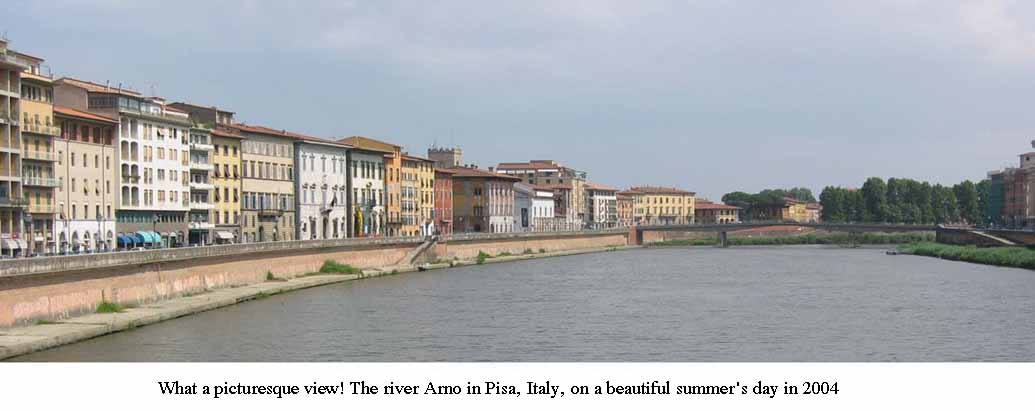My own 'ending' to "Lord of the Flies"
My own ending to Lord of the Flies,
written at Prof. Sandie Byrne's last workshop session
on August 10, 2006.
The time we were given to write such contributions : not much more than 20 minutes
Title of her workshop: ‘Reading for Writers’ as part of a three-week course in
CREATIVE WRITING
Ralph, shattered, desperate and terror-struck as he was cringed at the feet
of the naval officer, finally looked up at the giant man towering above him.
It was shelter he was seeking. At last, counter all his expectations, rescue
had come in the form of an adult. “This man would set things right,” he thought.
Back into a world of order like the little England they had wanted to create
on the island, yet which they had utterly failed to do. Would he be brought
back into a world of law and order to catch up with civilization and all it stands for?”
The sky at that very moment was blue ... reflecting in a shimmer the cruiser in the distance.
[ I was praised a lot by Sandie for this little piece of writing.]
-----------------------------------------------
Annotation:
There were two books recommended to us as guidelines to immediate, “guaranteed” success in creative writing – books we had to read extracts from for class preparation:
a) David Lodge, The Art of Fiction, ILLUSTRATED FROM CLASSIC AND
MODERN TEXTS, Penguin Books, 1992
(In ch. 50, headed “Ending”, Lodge draws a distinction between the “end” and
“ending” of a story, adding that both terms cover more than just a “conclusion” from
what is told.)
b) David Lodge, The Practice of Writing. Essays, Lectures, Reviews and a Diary,
Penguin Books, 1997
The very belief that there is a ‘guideline’ to provide you with a pattern you just have to copy in order to ‘create’ a good + promising piece of writing is a downright myth.
Anyone sharing this belief will be misled + is bound to fail. Disillusionment will jostle at their heels.
It is as simple as this: there is no pre-defined, pre-fixed, pre-shaped matrix any aspiring writer may use to be carried to instant success if only they pour their own ‘words’ into them.
On the contrary, each good ending to a story requires some intuition, some unspecifiable sense of how to go about it. There is no final method or way of approach to serve as a silver bullet to ‘crack’ the problem. In the end it is that certain something no-one can explain but which leads to success – for some reason or other.
Writing fiction is not a highly rational matter. It is charged with emotion(s) all the more.

